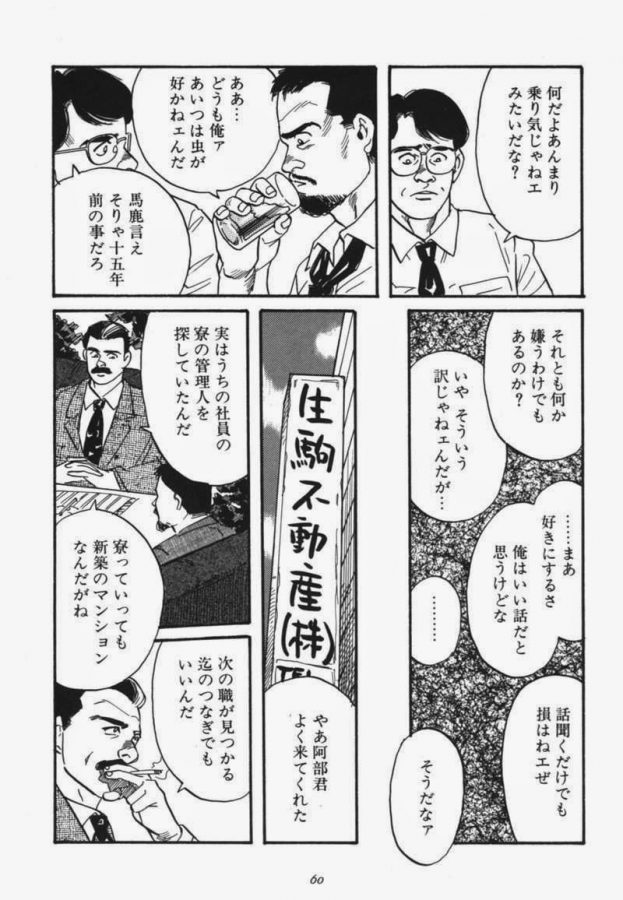

He smiles and that’s all that they or anyone get of him. He doesn’t go along with his friends’ jokes or his parents' expectations but doesn’t share himself with them. He doesn’t do anything to make anyone think he’s anything other than their idea of normal. Everyone around Sora is heterosexual, assuming he has to be too. It’s a lot for a teenage boy to have to deal with when there’s no one to support him or help guide him. He doesn’t play along to get along with anyone- he doesn’t laugh at the jokes or join in on the banter- but he can’t be honest with them about who he is.

Sora puts up masks when he needs to, to protect himself and his secret. Even his parents expect him to be the good son who will meet a nice girl and give them grandchildren someday. And they expect Sora to join them in their mocking of it. “Disgusting.” “Sick,” they judge the idea of homosexuality as much as, if not more than, they do the girl’s collection. His friends at school, including Sora’s crush Yoshioka, think he’s just another one of the guys, laughing that one of the other boy’s sisters has a collection of gay romance and erotic manga. The kids at school and even his parents think his childhood friend Nao is his girlfriend even she starts to wonder if there’s something between them that’s more than just a close friendship. There’s nothing “normal” about Our Colors, Gengoroh Tagame’s coming-of-age story about Sora Itoda, a closeted gay Japanese teenager who struggles to reconcile who he is with who everyone else thinks he is. 7 min read Our Colors by Gengoroh Tagame, translated by Anne Ishii (Pantheon Books).


 0 kommentar(er)
0 kommentar(er)
